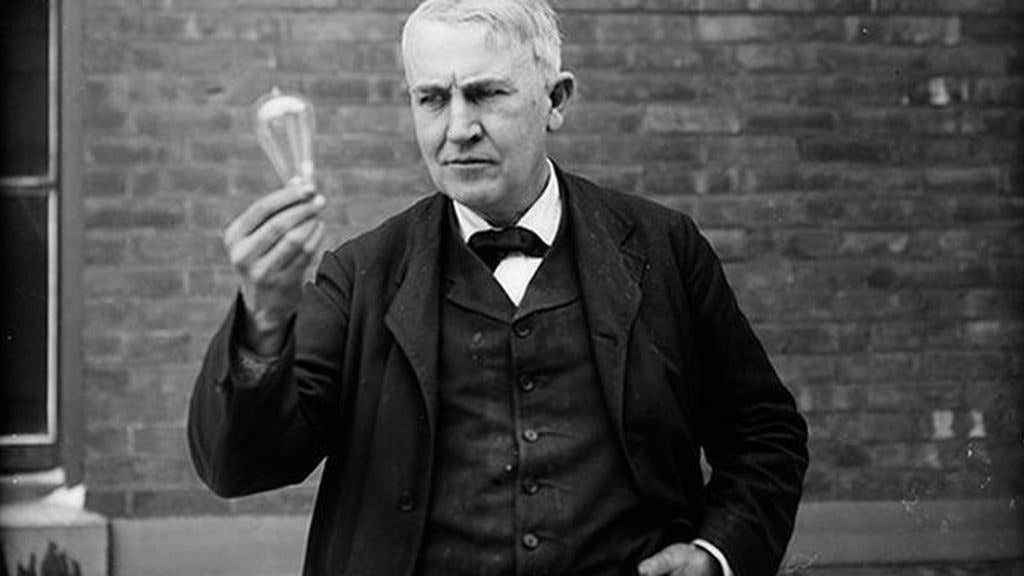Prunes can reduce inflammation and restore bone loss, study finds
Researchers discovered that certain components in prunes act as prebiotics, fostering a healthier gut and promoting bone restoration

New research provides evidence that prunes are a prebiotic food that reverses bone loss. (CREDIT: Creative Commons)
New findings published in the Journal of Nutrients suggest that prunes could be a powerful tool in fighting bone loss.
Researchers discovered that certain components in prunes act as prebiotics, fostering a healthier gut microbiota and, in turn, promoting bone restoration.
Principal Investigator Brenda Smith, PhD, a Professor at Indiana University School of Medicine, clarified, "Both the carbohydrate component and the polyphenols within the prunes altered the gut microbiota and were associated with positive effects on bone, namely restoring bone."
Past studies have hinted at prunes' ability to improve gut microbiota and protect bone health, mostly credited to their polyphenolic compounds. However, the roles of other nutrients like carbohydrates remained unclear.
Related Stories
To address this gap, researchers conducted experiments on estrogen-deficient female mice with significant bone loss. They separated the polyphenol (PP) compounds and carbohydrates (CHO) from prunes and fed them to different groups of mice for 5- and 10-week periods.
They also included groups fed whole prunes, a prune crude extract containing both PP and CHO, and a control group with no prune components.
The results were promising. Mice consuming any form of prune or its components showed restored bone loss compared to the control group. Moreover, they exhibited increased production of short-chain fatty acids (SCFAs) in the gut, along with positive alterations in gut microbiota composition.
Simple effects of ovariectomized (OVX) mice fed diets supplemented with PP (OVX-PP) or CHO (OVX-CHO) compared to the control diet (OVX-Con) for 5 or 10 weeks. (CREDIT: Journal of Nutrients)
Of particular interest were the increases in SCFAs n-butyrate and propionate, known for their role in preventing bone breakdown. These findings suggest that prunes and their components could enhance mineral absorption, strengthen the immune system, and improve gut barrier integrity, all vital factors in bone health.
Interestingly, the study revealed that carbohydrates independently initiated bone restoration early on, while the effects of polyphenols became more pronounced over time. According to Smith, this indicates that both components might trigger prebiotic activity through different mechanisms.
Simple effects of PP (OVX-PP) and CHO (OVX-CHO) compared to the crude extract diet (OVX-Crude). (CREDIT: Journal of Nutrients)
Smith emphasized the importance of consuming whole prunes to reap both short-term benefits from carbohydrates and long-term advantages from polyphenols.
Beyond bone health, prunes' vitamins, minerals, and plant compounds may contribute to their gut and bone benefits, highlighting the significance of consuming the fruit in its entirety.
Cecal microbiota β-diversity based on Bray–Curtis distance of operational taxonomic units. (CREDIT: Journal of Nutrients)
This research adds to a growing body of evidence supporting the health benefits of prunes. Other ongoing studies are exploring prune consumption's effects on inflammation in postmenopausal women, glucocorticoid-induced osteoporosis in mice, and colon cancer suppression in rats.
These investigations are expected to further underline prunes as a supportive food for bone and gut health.
For more science stories check out our New Discoveries section at The Brighter Side of News.
Note: Materials provided above by Oklahoma State University. Content may be edited for style and length.
Like these kind of feel good stories? Get the Brighter Side of News' newsletter.



